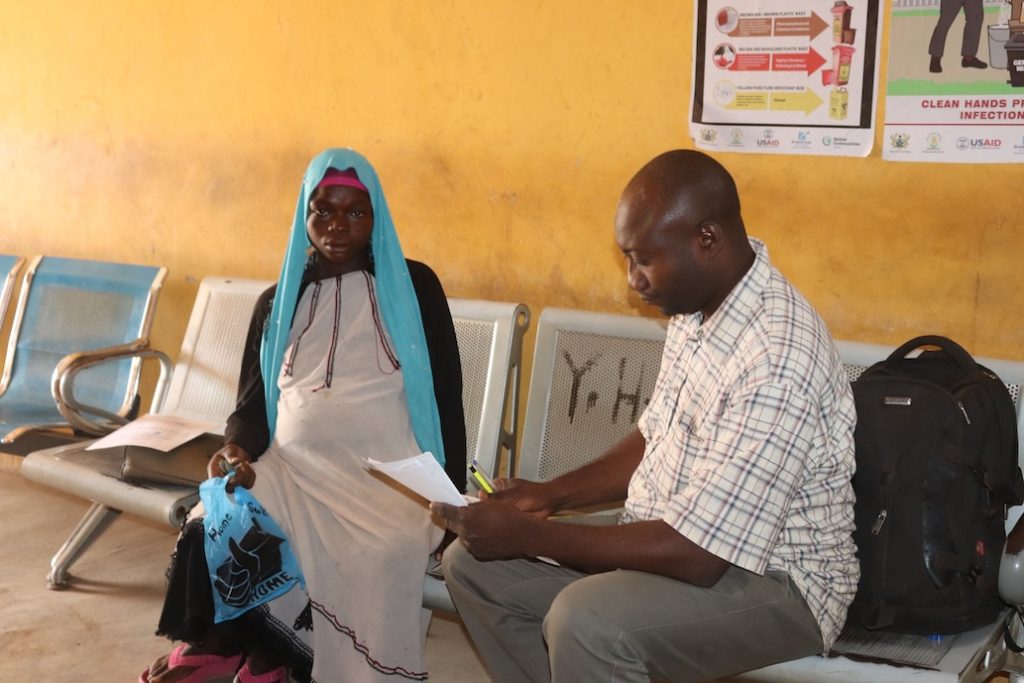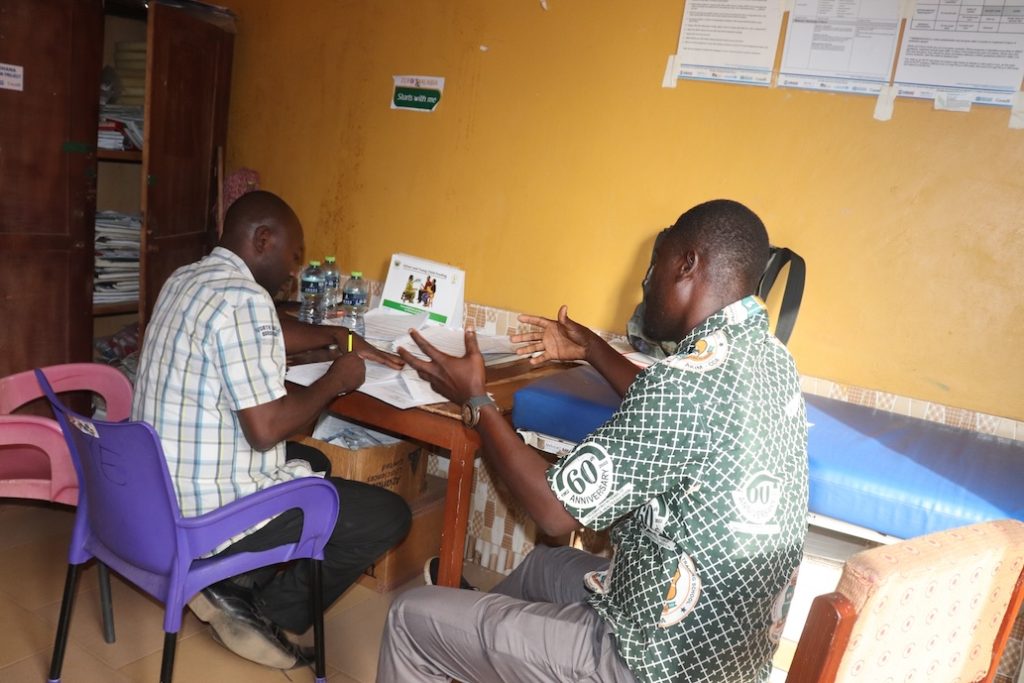In Ghana, a country where mental health care remains inaccessible for a majority of the population, the intersection of mental health and maternal health is increasingly being recognized as a critical concern. For women, especially pregnant women and new mothers, mental health plays an essential role in their ability to manage health conditions, including HIV and tuberculosis (TB).
BasicNeeds Ghana is tackling this challenge head-on with a project aimed at integrating mental health care into maternal and child health services, particularly for the most vulnerable women—those living with or at risk of HIV, as well as survivors of gender-based violence.
According toPeter Badimak Yaro (PhD), the Executive Director of BasicNeeds Ghana, the country faces significant gaps in mental health services, particularly in maternal care. In Ghana, an alarming 90% of people with mental health needs do not receive the care they require. Women and adolescent girls, in particular, are disproportionately affected, and the absence of mental health services in maternal and child health facilities often results in missed opportunities for comprehensive care.

“Pregnant women, adolescent girls, and postpartum mothers living with or at risk of HIV are often the most vulnerable,” said Yaro. “They are also the least likely to receive the psychosocial support they need, which is essential for them to adhere to treatment regimens and to improve their overall well-being.”
The situation is even direr when one considers the additional challenges faced by women living with HIV or TB, including stigma, anxiety, and depression—issues that can hinder their ability to manage their condition. Yaro emphasized that research has shown that poor mental health negatively affects HIV management, leading to poorer health outcomes and an increased risk of mother-to-child HIV transmission.
BasicNeeds Ghana’s project aims to address these challenges through a holistic approach. Launched in May 2024, the initiative is already making strides across 28 locations in 14 districts in Ghana, particularly targeting the northern regions and impoverished suburbs of Accra. The goal is to improve maternal and child health outcomes by integrating mental health and psychosocial support into HIV and TB treatment services.
The project is designed to provide care for 14,000 pregnant women, adolescents, and postpartum mothers living with HIV or at risk of contracting it. In addition to women living with HIV, the initiative focuses on survivors of gender-based violence, who often experience compounded mental health challenges.
The project’s approach includes working with community health workers, healthcare facilities, and village health workers to deliver mental health screenings and support. Pregnant women and new mothers are screened for mental health conditions using validated tools. Those who screen positive are referred for psychosocial counseling and support.
By incorporating mental health care into maternal health services, BasicNeeds Ghana hopes to enhance the overall health outcomes for pregnant women, adolescents, and postpartum mothers. The project aims not only to improve treatment adherence but also to strengthen the mental health support systems in place for individuals living with HIV and TB.


